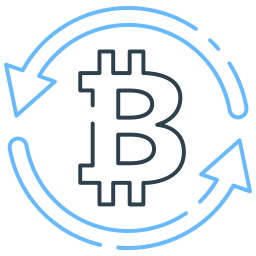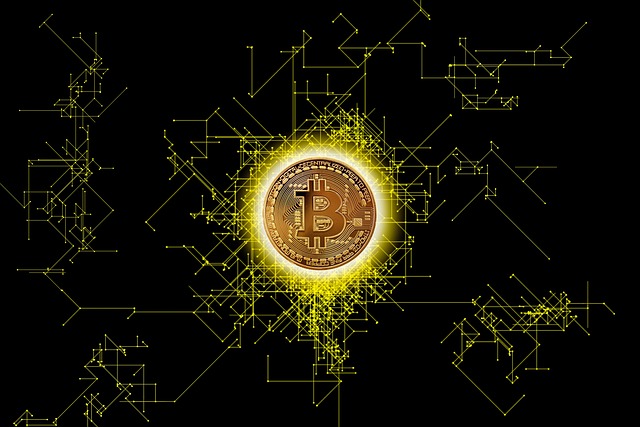The blockchain technology has been a transformative force in the digital landscape, with various innovators and entrepreneurs continuously pushing the boundaries of what is possible. Among these pioneers is Solana, a blockchain platform that has garnered significant attention for its innovative approaches to scalability, security, and usability. In this article, we will delve into the cutting-edge technologies and innovations that have made Solana stand out from the rest.
Solana’s journey began in 2017 when its founders, Anatoly Yakovenko, Edward Kim, and Stephen Leung, set out to create a decentralized platform that could process transactions at speeds significantly faster than traditional blockchain networks. This ambitious goal was driven by the realization that many blockchain projects were struggling with scalability issues, which limited their adoption and usability.
One of Solana’s most notable innovations is its use of a novel consensus algorithm called Proof of History (PoH). PoH differs from traditional Proof of Stake (PoS) algorithms in that it relies on the concept of “block time” to validate transactions. In essence, block time refers to the time elapsed between the deployment of two consecutive blocks on the blockchain. By using this approach, Solana is able to achieve significantly faster transaction processing times than other blockchain platforms.
Another key innovation of Solana is its integration with a new type of node called the “validator.” Validators are responsible for validating transactions and maintaining the integrity of the blockchain network. In traditional blockchain networks, validators are typically identified by their public keys and are incentivized to participate through various mechanisms such as block rewards and staking fees. However, in Solana’s PoH consensus algorithm, validators are also able to provide a “proof of history” that confirms the timestamp of each transaction.
Solana’s blockchain network is built on top of a novel architecture called the “dApps framework.” The dApps framework provides a comprehensive set of tools and libraries for developers to build decentralized applications (dApps) on Solana. This includes support for smart contracts, wallets, and other essential components required for building scalable and secure dApps.
One of the key benefits of Solana’s dApps framework is its ability to enable fast and efficient deployment of dApps. With Solana’s optimized architecture and robust tools, developers can quickly build and deploy their own blockchain-based applications, which has led to a surge in adoption across various industries.
Solana’s commitment to innovation and usability has also been reflected in its collaboration with various partners and organizations. For example, Solana has partnered with the popular decentralized finance (DeFi) platform, Curve Finance, to enable fast and secure lending and borrowing activities on the blockchain.
Furthermore, Solana has also demonstrated its capabilities through a series of high-profile use cases and partnerships. For instance, Solana has been integrated into the popular non-fungible token (NFT) marketplace, Rarible, allowing users to create, buy, and sell unique digital assets on the blockchain.
In addition to these partnerships, Solana has also made significant investments in research and development. The company has established its own research and development team, which focuses on advancing the state-of-the-art technologies that underpin Solana’s platform.
Despite these advancements, Solana still faces challenges and criticisms from various quarters. One of the main concerns is the energy consumption associated with Solana’s network, which has sparked debates about the sustainability and environmental impact of blockchain technology.
However, Solana has been actively working to address these concerns through its development of more efficient consensus algorithms and proof-of-work alternatives that minimize energy consumption while maintaining security and scalability.
In conclusion, Solana’s innovations in blockchain technology have made it a standout player in the industry. From its novel consensus algorithm and decentralized architecture to its extensive partnerships and research initiatives, Solana has consistently demonstrated its commitment to advancing the state-of-the-art technologies that underpin blockchain platforms.
Tags:
- Solana Blockchain Technology
- Proof of History Consensus Algorithm
- dApps Framework
- Decentralized Finance (DeFi) Platforms
- NFT Marketplaces



